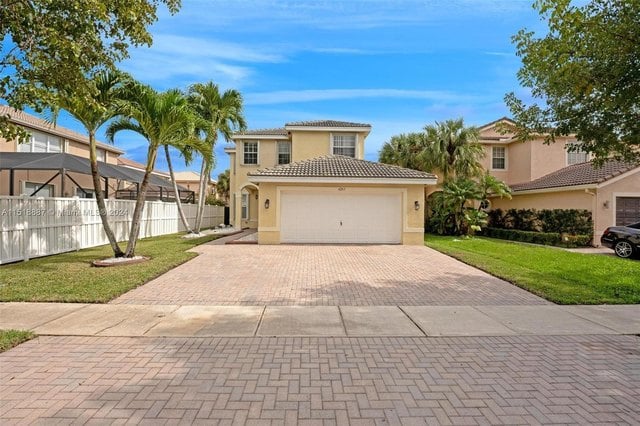This is a little bit over the top. The top 1% household income is close ~600k
Check your household income percentile vs. 2023's United States income distribution in this calculator. How does it rank: top 1%, median, or other?

dqydj.com
You dont need 600k to live a middle class lifestyle in a nice, for instance, Miami (or Fort Lauderdale) suburb. Most would consider Miami tier 1. I think 250k will do if one does not have big student loan. One can find a regular house for 650-750k in some of these suburbs
4263 SW 128th Ave, Miramar, FL 33027 is for sale. View 39 photos of this 5 bed, 3 bath, 2637 sqft. single family home with a list price of $689900.

www.realtor.com
Also, some suburbs of Houston (arguably tier 1) are "affordable".
See new home construction details for Barbosa, a 4 bed, 3 bath, 2423 Sq. Ft. style home at 21114 Bella Coral Drive, Cypress, TX 77433.

www.realtor.com
There are few suburbs of tier 1or 2 cities (Fort Lauderdale, Atlanta, Houston, Dallas, Las Vegas, Phoenix, Philadelphia, Charlotte etc...) in the country where one can live a middle class lifestyle on a household income of 150k. Though, I must admit it's getting increasingly difficult.
It is actually a sad state of affair since 150k/yr put one's household income in the 78th percentile.




